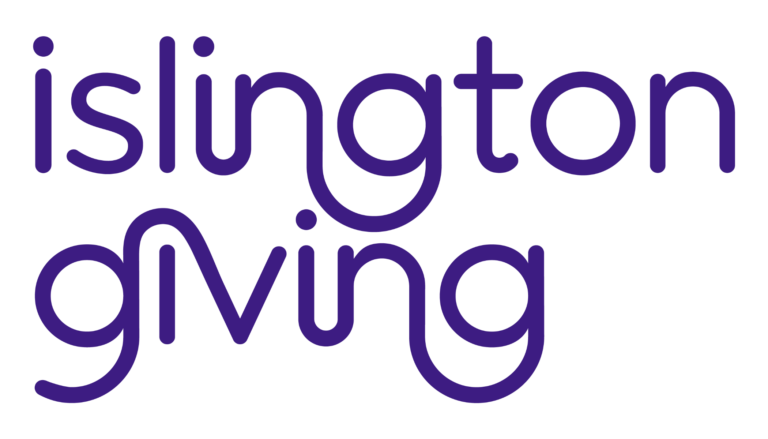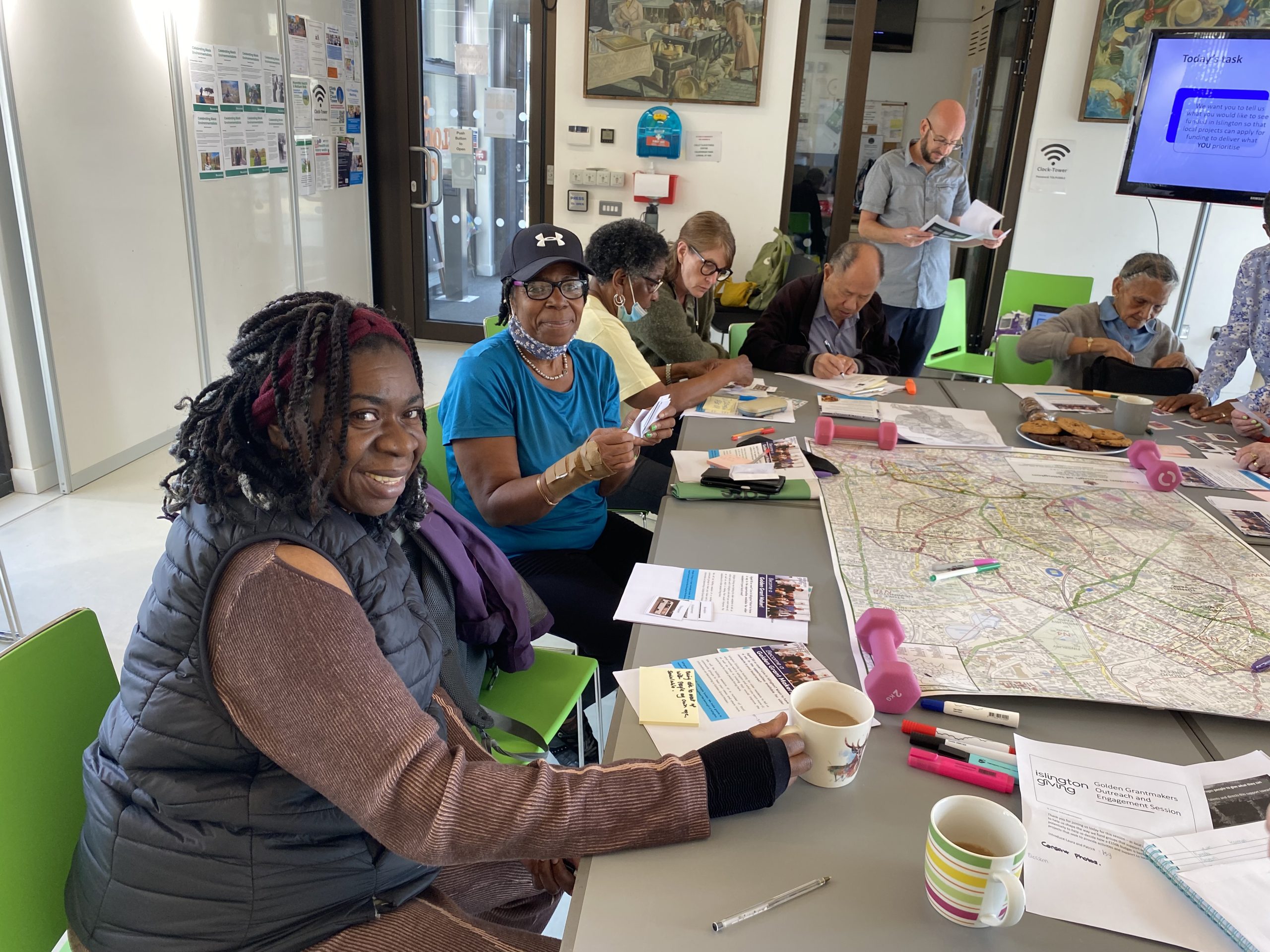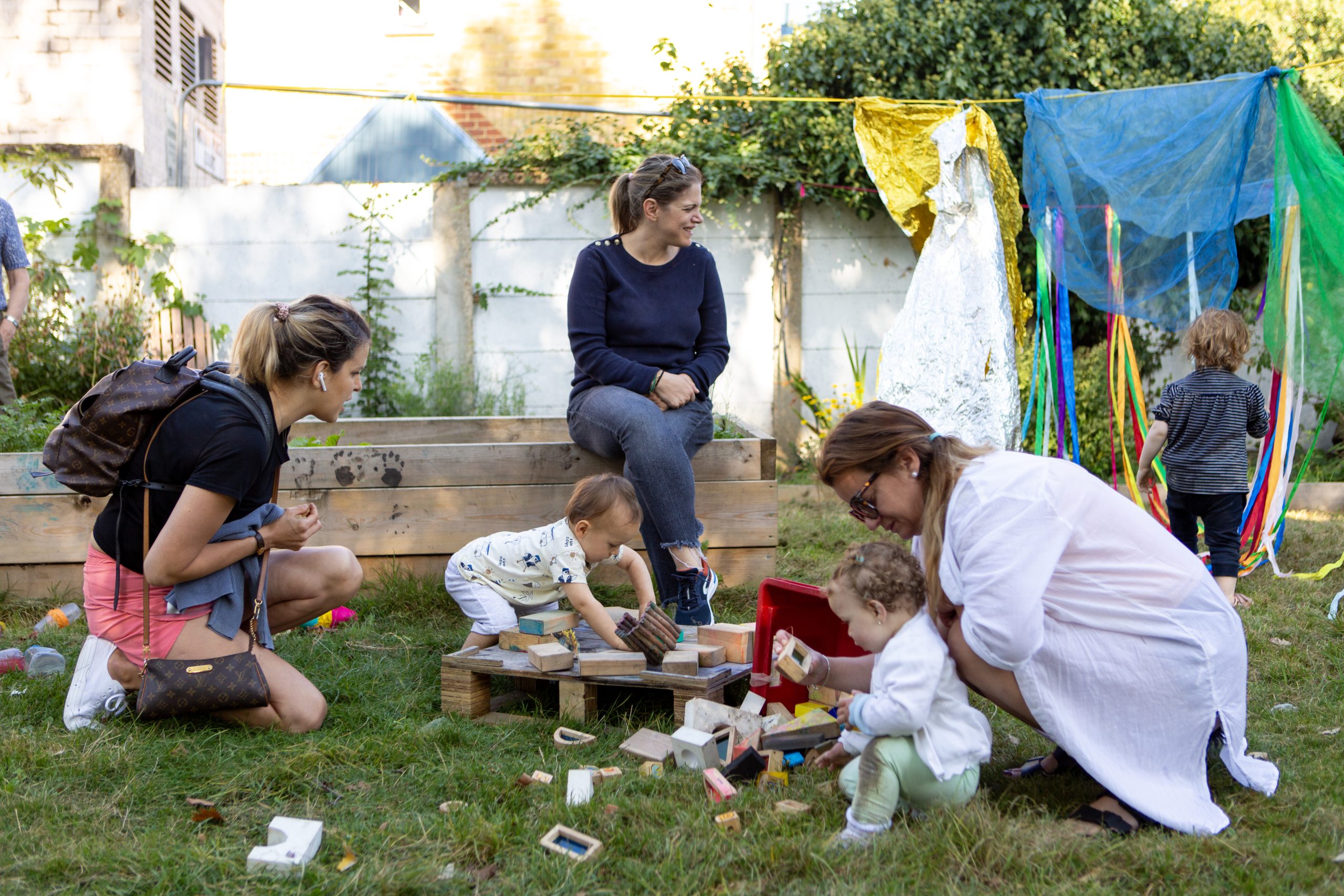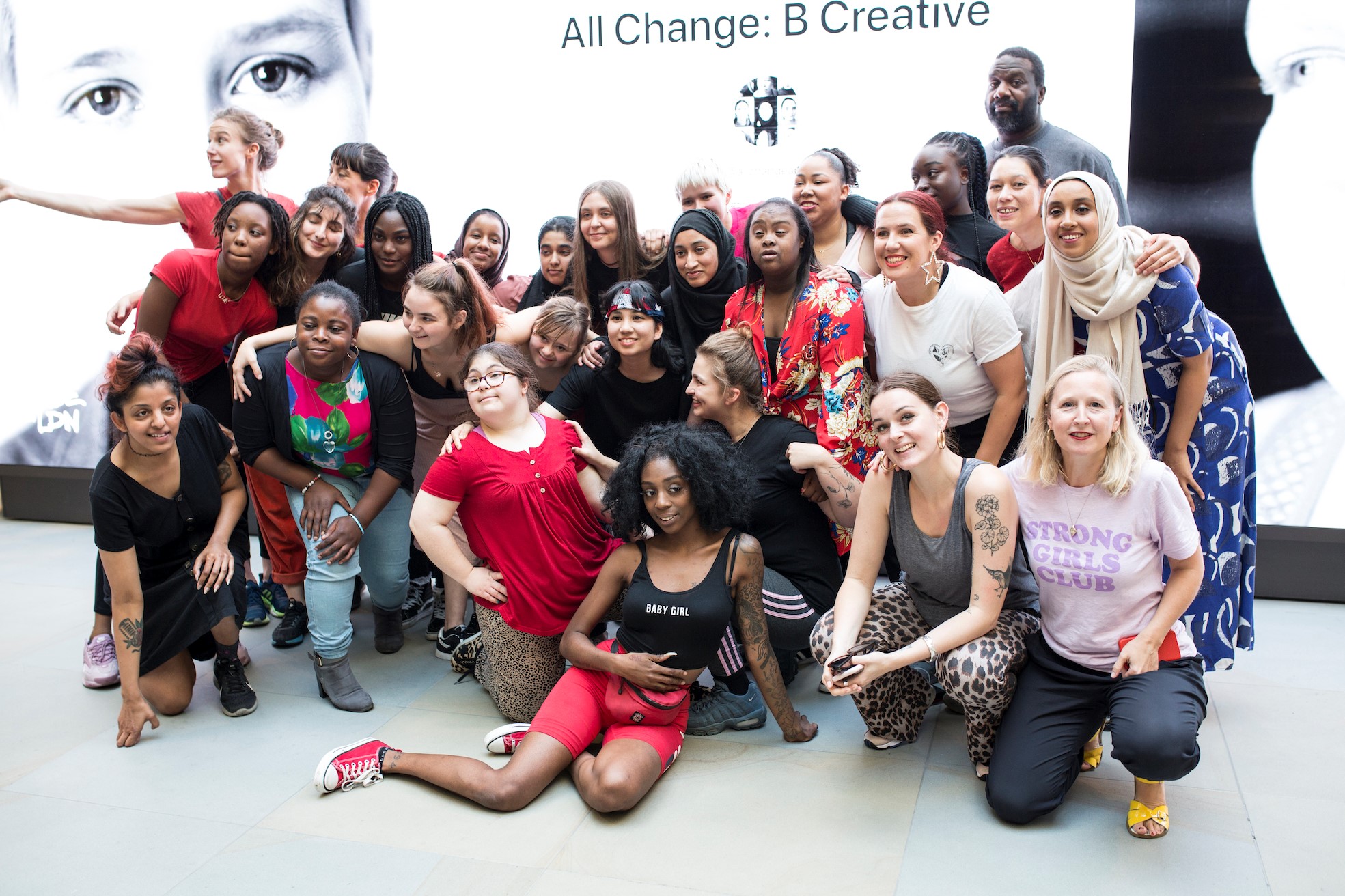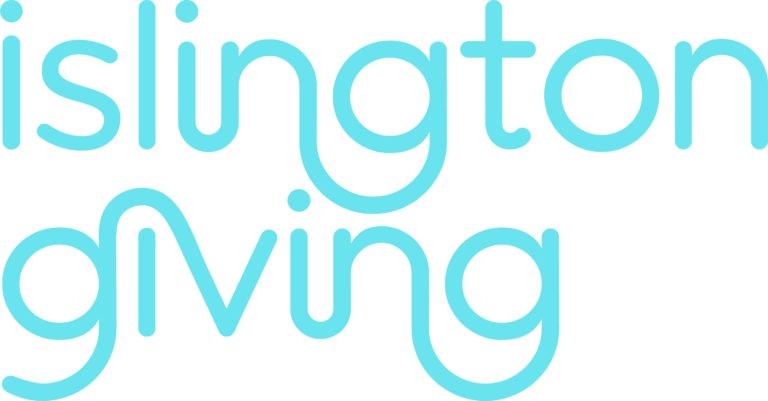As part of their learning focus on participation, London Funders spoke with Lisa Robinson, our Director of Development & Communications, and Anne Shewring, Director of Programmes, about what they’ve learnt from involving residents in grant making decisions.
You can also read this and more articles on the London Funders website.
Featured image: Islington Giving Golden Grant Makers celebration, 2023
Q: What do you hope to achieve by involving local residents in the decisions about where funding goes?
A: There are a few different reasons – one is that it gives us a deeper understanding of what goes on in the borough and that in turn shapes our thinking about how we support the local community. The people on our Golden Grantmakers resident panel, for example, have lots of experience using local services. They know what works and what doesn’t and can bring that thinking into decisions about funding – their perspectives mean we have a much fuller picture of what people are experiencing in the local community and have ended up with us funding some things we probably wouldn’t have otherwise.
Because we fundraise within the borough, it’s also important for us that residents have a say in how we spend that money. The two participatory grant giving programmes we run – Golden Grant Givers and Young Grant Makers – also help inform our other funding programmes where we’re able to bring in learning from our participatory work and our ongoing engagement with local residents.
“We hope for the community at large that we’re giving residents who would not normally be involved in that kind of process, the skills to go away and be involved in other initiatives.”
Q: What does it take to ‘do’ participatory grant making well?
A: It needs to be well-resourced – we pay people for their time to be involved in panels but it also takes a lot of staff time to be able to do it well (Islington Giving and Barking and Dagenham Giving ran a session during London Funders’ annual Festival of Learning about how to compensate people for their time, which you can read more about here).
It’d be much quicker and cheaper for us to just do it the ‘old-fashioned way’. But we feel the process is worth the additional cost and the team gets a lot of out working more closely with local residents. We’ve been very lucky to have a team that was up for introducing PGM six years ago, but it does take a huge amount of resources to make that switch to more participatory approaches and it may not be for all staff teams. It is asking grants managers to become programme developers which can be a different set of skills.
Funding is also key. Islington Giving is a fundraising grant giver, so we need our funding partners to be on board with this approach too. That can be a challenge, but we’ve certainly had larger funders support our participatory work because they’re not in a position to do it themselves and that has allowed them not only to save time but also to ensure a more democratic approach to their funding practices.
“The other element that has worked well for us is being able to learn as we go. When we see that something isn’t necessarily working, we have that ability to change things from one programme to the next or in some cases make even more immediate adjustments.”
We’ve also found it helpful to make it quite explicit to the residents involved in our panels that they’re only representing themselves. For our Golden Grantmakers panel for example, which is made up of eight older residents, we’re always quite clear that they are not representing all older residents in Islington and it’s important we make that explicit so they don’t feel that pressure. However, we do want our resident grant makers to have an eye on who is not in the room. They may not think a project would be right for them, but can they think about others in the community who might benefit?
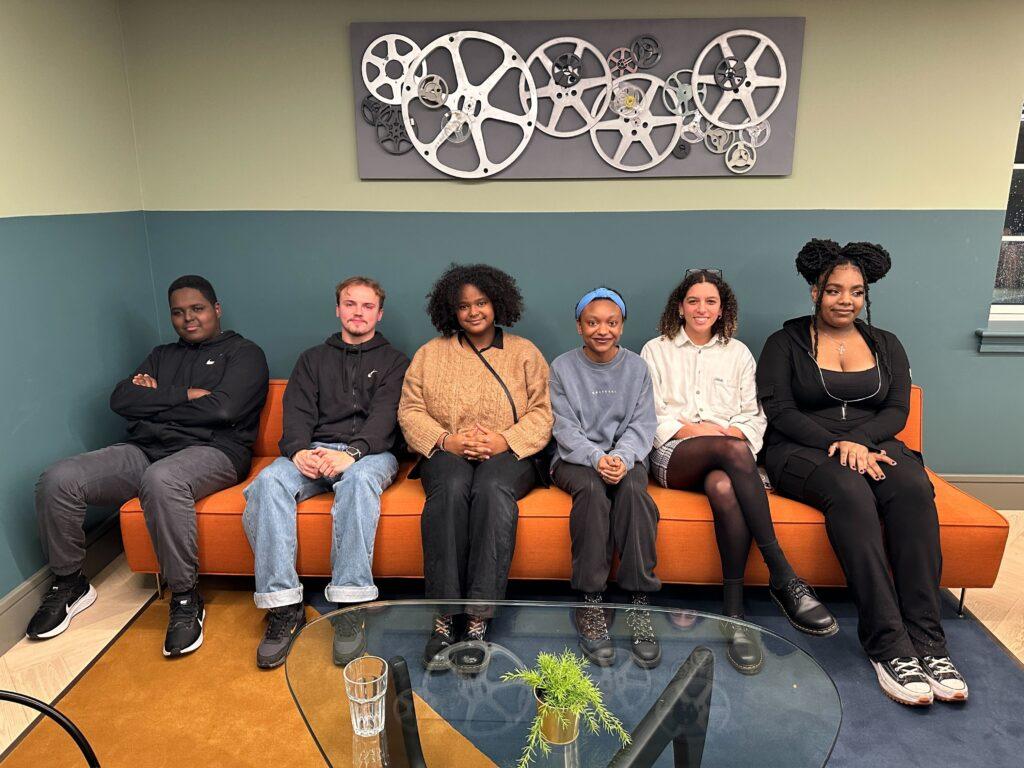
Q: Are there times when it’s not right to take a participatory approach?
A: Islington Giving has a mixed approach, with some more traditional grant making, led by our grant managers and approved by our Trustees, as well as our resident-led projects. We reviewed this last year and decided to keep this combined approach. It enables us to fill some of the gaps which a participatory approach might leave. For example, our resident-led panels tend to fund projects rather than core funding, with grants often for shorter periods, while our approach elsewhere is for longer, core funding.
Our recent mental health fund is a good example. – ‘Mind the Gap was a fund we ran last year to support the provision of mental health services for homeless people with multiple and complex needs. We considered a participatory approach but decided against it. There was a time constraint with this particular fund, so we needed to act quite quickly. In addition, as a team, we don’t have the right experience to support people with complex needs to take part in this kind of process. We would have needed external support, which would have been a disproportionate cost for the amount of funding we were giving out.
“We’re very lucky to have a network of groups & residents who have been involved with our work over the years. They’re an amazing sounding board who are very generous with their support and feedback.”
So in that case, we felt it was better to consult with organisations supporting homeless people with mental health issues to develop and refine the fund rather than us inviting those service users into the decision-making process when we knew we couldn’t give them proper support to engage .
Even in those cases where we decide not to take a participatory approach, we’re very lucky to have a network of groups and residents who have been involved with our work over the years. They’re an amazing sounding board who are very generous with their support and feedback even in those cases.
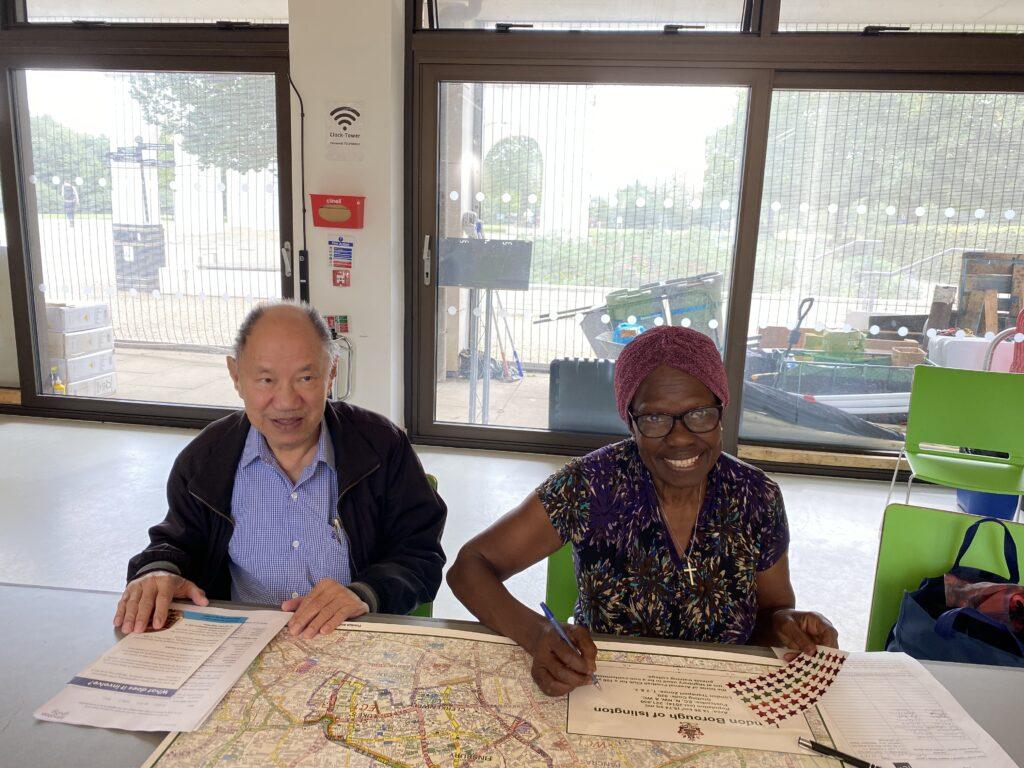
Q: What have you learned from some of the challenges that comes from doing participatory work?
A: One of the biggest challenges is around outreach – most people won’t know what ‘grantmaking’ is so we’ve definitely learnt that we need to go out to places where local people are already meeting and facilitate a discussion about what is important to them and how getting involved with PGM might help with that. Through this, we’ve reached some people who have not done any type of community involvement before as well as people who are already quite well connected to different services. That has ended up working quite well because you get a balance of people who have accessed services and support and those who are further removed from that.
But as a small team, we have limited capacity in terms of how much outreach we can do and how much support we can offer each individual who is involved in a panel. We’re interested in bringing in more people with different experiences like young carers and people who’ve been in the criminal justice system, but we also know it can be hard for people who have a lot going on in their lives to stay involved in a programme over time. So we have to balance our own capacity and resources alongside getting a diverse range of experiences and voices on panels and making sure they have a good experience as well. In addition, we think about cost. The expense of a participatory approach is likely to mean less money for grant-making to organisations. So it is a balance.
“Overall, we’re constantly learning and adapting to find the right balance between the tensions that comes with doing participatory grantmaking.”
One of those tensions is how much we bring our own experience and knowledge to the resident panels. In the past, we’ve had a very hands-off approach where we’ve not provided the resident panels with a lot of context or background information about the organisations applying or the context they’re working in because we don’t want to influence the panel’s decisions. But over the years, we’ve found that it’s actually quite useful for the residents to tap into our knowledge, not just of grantmaking but also the overview we have of what is happening elsewhere across the borough.
We’re also wrapping our heads around how we do core funding through our participatory grantmaking. For someone who is completely new to grantmaking, that can be quite an intimidating process and generally, the panels will come with an issue they want to solve and they want to fund projects that can help towards that. But we know that organisations in our borough need consistency and not just yearly project funding so that is something we’re exploring at the moment.
If you are interested in understanding more about what Islington Giving has learnt from their work, check out their Golden Grantmakers 2023 report and their Young Grantmakers 2023 report.
